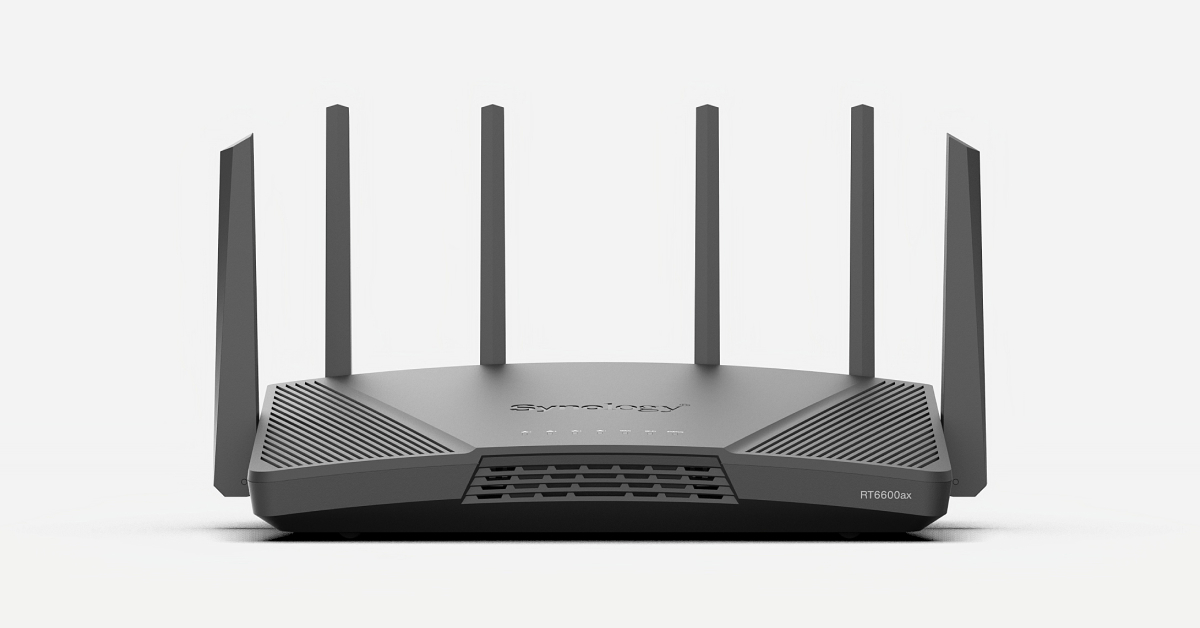I'm interested in PFSense, but I would need to find some rock solid HW. The Netgate SG-1100 would likely be sufficient for my needs and speed, but I just can't see paying over $200 (by the time you add shipping costs) for a design that's more than 4 years old.
Maybe the PFSense CE version on Protectli HW. not sure yet.
anyone recommend any proven HW for PFsense CE??
The "reliability" isn't going to come from the software, it is the hardware. Most hardware now runs fine without any issues, but it's obviously possible to get a lemon occasionally. That is going to be bad luck vs buying a device that is notoriously bad IMHO. Honestly just about any 64bit processor (Intel or AMD) is going to work fine. This is a device that will be running 24/7, so power consumption is probably something to take into account. You want a device that is powerful enough to run your network, but power efficient enough to cost the least amount of money to run.
I'm running a HP t620+ thin client at both my house and my parents house. They are 10 year old appliances that I bought used. They still working great for with pfSense. It's not what I would buy today (I'd get something newer and potentially more energy efficient too), but I have been 100% satisfied with those two purchases through the years.
If I was purchasing something today, I would:
1 - Buy used
2 - make sure it's 64bit and supports AES-NI encryption
3 - might consider something with 2.5gb ports, but honestly it will be a long time before I need that type of speed on my WAN/service provider connection. I don't have anything close to 1000/1000 internet speeds now and I am not looking to upgrade. 2.5gb ports are generally very expensive to implement right now.
Truth be told, I actually have new hardware for my house (repurposing a older Intel i5 device), but I plan on doing a wholesale change in network gear - new firewall appliance running OPNsense instead of pfSense, new switches (two switched "stacked" together), new network design scheme (different subnets, VPNs, etc), adding 10gb connections, etc, etc, etc - and it's a project I've let languish for a while. It's been on my test bed, but I was having some setup problems with my 10gb connections from the firewall to the switch that caused me to walk away at some point and I haven't gone back to correct them. As it gets colder and I am spending more time indoors, I'm sure I'll jump back onto this project.


